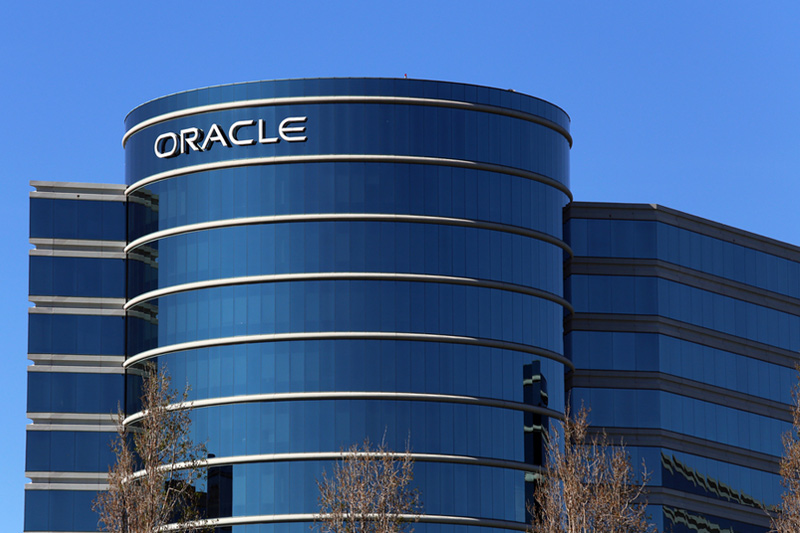NEW YORK – Oracle Corporation (NYSE:), a leading technology firm with a market capitalization of $310 billion, recently experienced a 4.6% increase in its share price, reflecting the significant role institutional investors play in the company’s stock performance. These investors hold 43% of Oracle’s shares, aligning their interests with the company’s long-term trends and contributing to its strong one-year return on investment of 48%.
The ownership structure of Oracle highlights insider confidence, with Lawrence Ellison, the Top Key Executive, owning 42% of the company. This level of insider ownership is often seen as a positive sign, indicating that board members are committed to investing alongside shareholders. However, it also raises questions about board accountability due to the concentration of voting power. The second and third largest shareholders hold approximately 5.1% and 4.4% of the stock, respectively, consolidating more than half of Oracle’s shares among the top three shareholders.
Despite individual investors holding a smaller portion of the equity at 14%, their collective stake is enough to potentially influence company policies, even though they may not have the power to sway decisions on their own.
Investors are advised to consider analyst forecasts and be cognizant of potential warning signs that could affect Oracle’s future performance. Analysts provide valuable insights into expected stock trends, which can help investors make informed decisions. The risk associated with a significant drop in share price due to possible simultaneous sell-offs by large institutional owners should be taken into account, especially given insiders’ substantial control over $130 billion worth of shares.
As Oracle continues to be included in benchmark indexes, its appeal to institutional investors is likely to persist, making its role in shaping the company’s stock price and policies an ongoing point of interest for market watchers.
InvestingPro Insights
Oracle Corporation, a prominent player in the software industry, is currently trading at a low P/E ratio relative to near-term earnings growth, according to InvestingPro Tips. This is a positive sign for investors, as it suggests that the company’s shares may be undervalued. Additionally, Oracle has a consistent track record of maintaining dividend payments, having raised its dividend for 10 consecutive years.
From the InvestingPro Data, Oracle has a market capitalization of $309.74 billion and a P/E ratio of 32.61. Over the last twelve months as of Q1 2024, the company has generated a revenue of $50.96 billion, with a growth of 15.41%. This robust revenue growth underlines Oracle’s strong performance and its potential for future growth.
InvestingPro offers numerous additional tips and metrics that could provide valuable insights for investors. These include detailed forecasts, analyst ratings, and comprehensive financial data, all of which can help investors make informed decisions about their investments.
This article was generated with the support of AI and reviewed by an editor. For more information see our T&C.
Read the full article here





